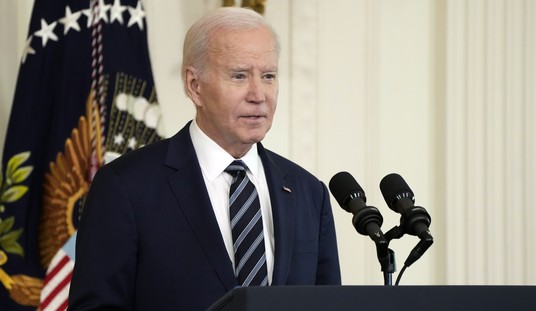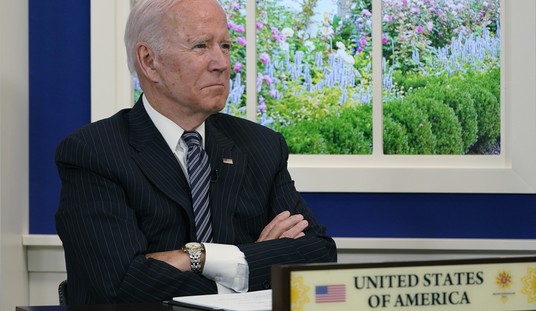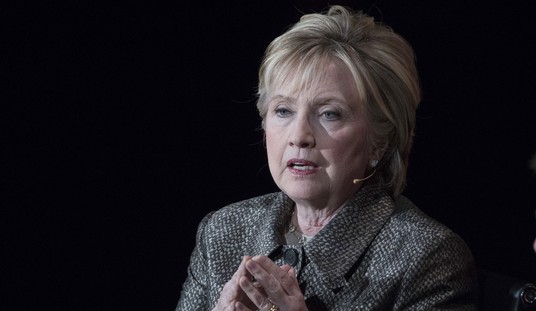There are good reasons libertarians — and especially the Libertarian Party — has trouble ever successfully running a third-party campaign. One of them is likely the fact they never seem able to come to the table and compromise just to get things done.
The line has always been that libertarians take the moral high ground, even on some of the establishment conservative moves; loosely translated that means they are doing the hard job of protecting the freedoms of the average American from the mission-creep of the two-party system.
And so it is with Sen. Rand Paul of Kentucky, who has been very vocal, chatting up the press more than many of his colleagues, about just what he will deign to sign onto when it comes to the repeal and replace of Obamacare.
And he has no love for the newest iteration of repeal and replace, the Graham-Cassidy bill. RedState’s Kimberly Ross broke down the particulars of this new (and, frankly, surprising) effort to save the nation from single payer before the Sept. 30th deadline, after which repeal is no longer an option with a simple majority vote.
So, what’s driving our favorite libertarian conservative? After all, he voted for the sham “skinny” repeal that was only half-heartedly crafted last minute because everyone knew Sen. John McCain (AZ) was going to give it a thumbs down. Why is he back to being the principled libertarian now, especially since Graham-Cassidy is, by most conservative estimates, the better bill?
The Weekly Standard thinks they know.
Paul’s primary opposition — and it switches almost daily — has to do with the block granting of some of Obamacare’s spending back to the states with the caveat that the grants must be used for healthcare. Paul isn’t a fan of this idea, even though “skinny” repeal didn’t even offer this choice to the states, opting instead to retain all of Obamacare’s spending. And remember: Paul voted for that. So what gives?
Paul’s opposition to the block-grant approach is all the more puzzling because in July Paul voted for an amendment that would have block-granted most of the Obamacare spending. For procedural reasons, the block-grant approach is believed to be the only realistic way the Senate can stop Obamacare funding from paying for insurance plans that cover elective abortion.
Given his past comments and voting history, Paul seems more opposed to the particular way Graham-Cassidy distributes the block grants and not the overall amount of Obamacare spending it retains or the mere principle of block-granting Obamacare’s spending.
“It takes money from the Democrat states and gives it to the Republican states,” Paul said on Monday. Because the bill redistributes all of Obamacare’s spending nationwide, states that expanded Medicaid under Obamacare like California and New York would get less than they would under the Obamacare status quo, but non-expansion states like Virginia and Wisconsin would get more. Paul’s Kentucky expanded Medicaid.
And there you have it. Paul, like every other politician, has a constituency and he knows that if he wants to keep in good standing (and therefore keep his job) he needs to make sure that his state is getting paid, as it were.
The strange thing about this is that no one faults politicians for going to bat for their constituencies. It’s expected, if a little frustrating at times. Especially when it means the difference between single-payer and something not quite so market-busting.
But what makes Paul even more frustrating as a politician is that he doesn’t seem to want to admit that he’s a politician, playing principled outsider to the extent he has to change his mind, day to day, and with a blistering lack of rational motive.
If conservatives feel the frustration of Paul’s slippery moral stance, imagine how libertarians must feel. Their principled outsider is really just playing to his base, same as everyone else.













Join the conversation as a VIP Member